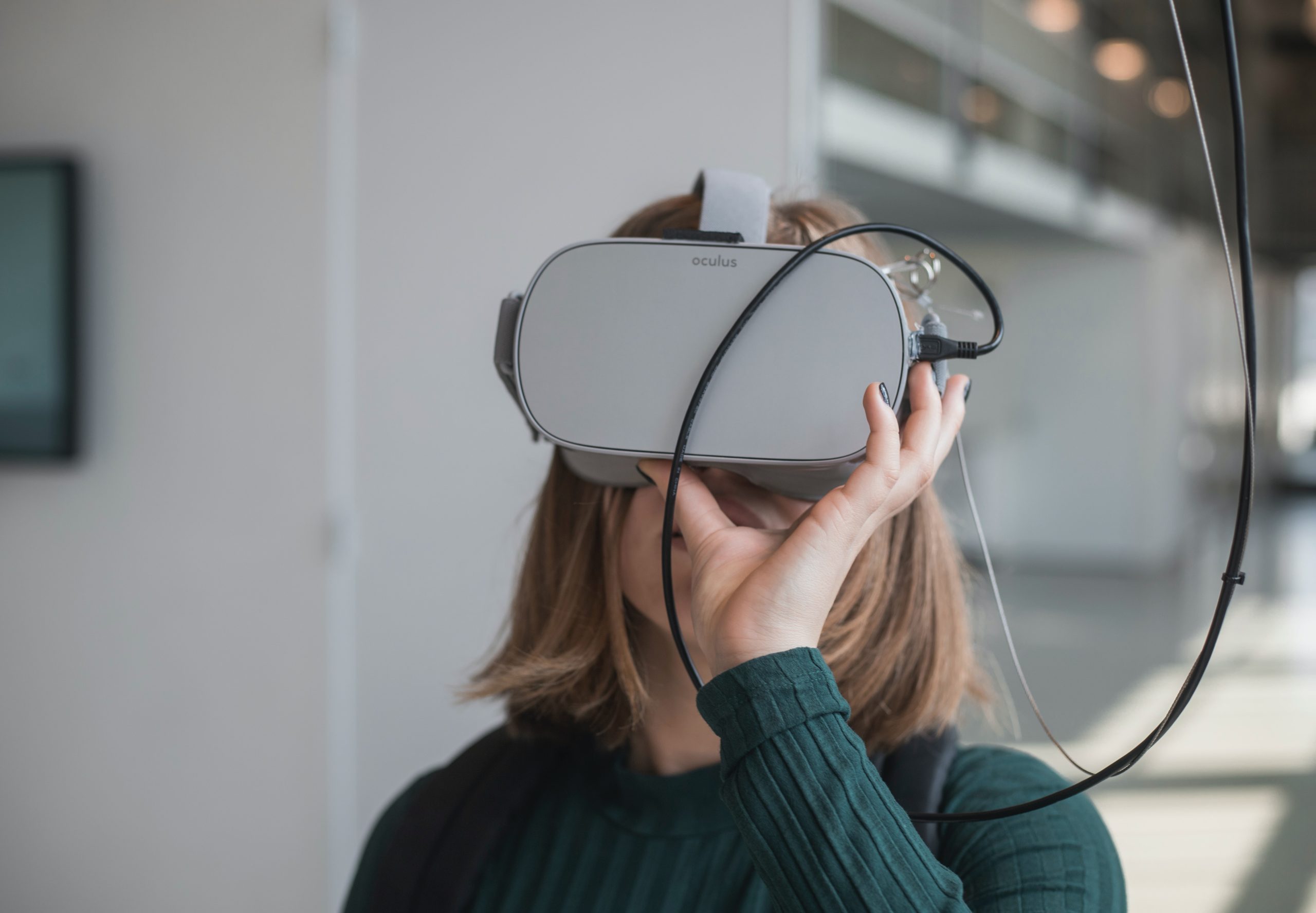Ein Beitrag von Julie Lüpkes (ZeMKI, Universität Bremen)
On 22 October 2020, the Leibniz ScienceCampus – Postdigital Participation – Braunschweig launched its monthly „Postdigital Lunch“ with two leading thinkers on postdigital theory, Sarah Hayes (University of Wolverhampton, UK) and Petar Jandrić (Zagreb University of Applied Sciences, Croatia), in conversation with Felicitas Macgilchrist from the Campus. The two interdisciplinary researchers and editors of the Journal Postdigital Science and Education shared their view on the concept of the postdigital, reflecting on some of their previous publications and current projects.
The conversation is available in full here; some personal highlights below:
Back in 2017, when Sarah Hayes and Petar Jandrić were working on a paper together, they found that technology was often seen as a „quick fix“ that ignored human aspects. The postdigital concept, in contrast, is a participatory, flexible and inclusive theory, in which dialogic, interdisciplinary approaches play a significant role.
But, as Sarah points out, the „post“ of „postdigital“ does not intend to „leave everything behind“ that was crucial to the age of digitalisation.
It is a bit of a postdigital playground, really, in which we’ve left all of the older toys and brought all of the new electronic ones in as well. So nothing is sort of removed.
Practices of learning, knowledge and theories are shared in this interdisciplinary, intercultural „playground“. The digital is object to a convergence of this discourse: it is still there, but it is being questioned.
In her current book project, for example, Sarah writes about the concept of „postdigital positionality“. In her previous discourse analysis on the language of UK Higher Education Policy, she soon realised the huge deficits of policy papers when it comes to equality and diversity issues. Here, she sees postdigital theory as a fruitful approach to a more inclusive policy making. Be reflecting on postdigital positionality, technology-related policy can begin to include aspects of the individual and, vice-versa, inclusivity, equality and diversity frameworks would include technology.
The „postdigital“ allows for a broad range of methods and disciplines. Petar emphasised the need for interdisciplinarity to exploit its full potential, for instance, by crossing the borders of physics and biology, science and arts, technology and human. To create a broader discourse, he launched the journal „Postdigital Science and Education“ in 2019. The journal, and it accompanying book series, aim to build an infrastructure and community for emerging postdigital research.
When Petar was a visiting professor in Beijing as the corona pandemic was just on the horizon, he already got a feeling on how the postdigital discussion would develop and quickly launched a call for Covid19-related papers. Looking at these papers, he identifies three main topics: the documentation of experiences, politics, and philosophy. All of these perfectly represent how a theory of the postdigital is positioned, entwining the analogue and the digital, as well as various traditional disciplines.
The key contribution of postdigital theory is not in these theoretical matters. In my view, postdigital theory does not stop at explaining. (1) the key role of postdigital theory, its key mission, (2) is to actively participate in the development of the world.
Some links and papers, mentioned during the conversation:
Postdigital Science and Education https://www.springer.com/journal/42438
Costello, E., Brown, M., Donlon, E. et al. (2020) „The Pandemic Will Not be on Zoom“: A Retrospective from the Year 2050. Postdigit Sci Educ 2, 619?627. https://doi.org/10.1007/s42438-020-00150-3
Jandrić, P., Hayes, D., Truelove, I. et al. (2020) Teaching in the Age of Covid-19. Postdigit Sci Educ 2, 1069-1230 (2020). https://doi.org/10.1007/s42438-020-00169-6
Lewis, T.E. (2020) Everything You Always Wanted to Know About Being Postdigital but Were Afraid to Ask a Vampire Squid. Postdigit Sci Educ 2, 265-266. https://doi.org/10.1007/s42438-019-00082-7
Peters, M.A. Peters, Jandrić, P. & McLaren, P. (2020) Viral modernity – epidemics, infodemics, and the „bioinformational“ paradigm, Educational Philosophy and Theory, DOI: 10.1080/00131857.2020.1744226
Sinclair, C., Hayes, S. (2019) Between the Post and the Com-Post: Examining the Postdigital „Work“ of a Prefix. Postdigit Sci Educ 1, 119-131. https://doi.org/10.1007/s42438-018-0017-4
Foto von Maxim Hopman auf Unsplash.




